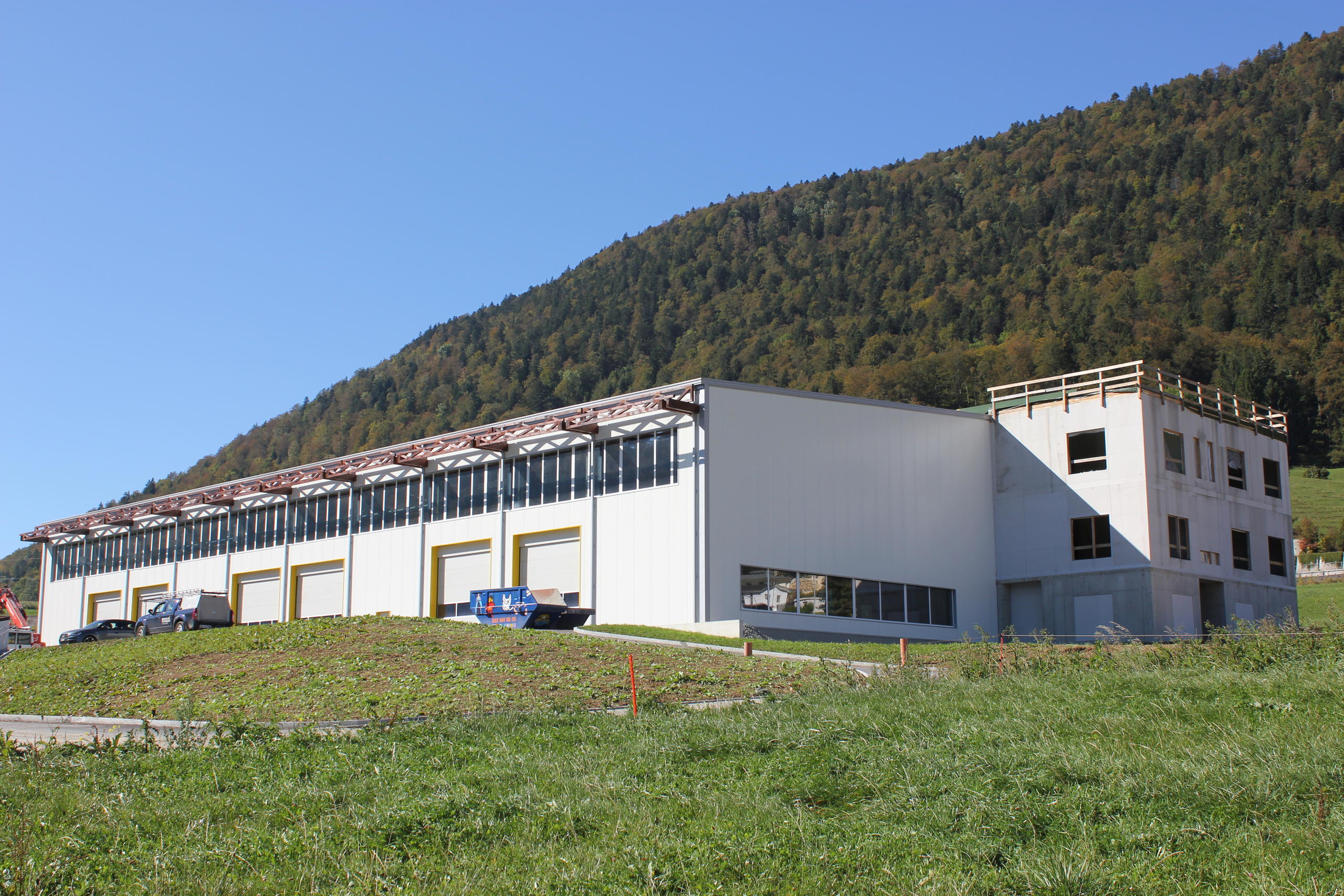
‘Despite the franc, Switzerland is doing well’

There are advantages to producing locally instead of outsourcing, even in an expensive country like Switzerland.
Suzanne de Treville, a management professor at the University of Lausanne, developed a new online tool called the Cost Differential Frontier CalculatorExternal link, which helps companies work out how much outsourcing costs.

The tool allows firms to quantify hidden costs arising from changing the supply chain: either firms order too much from foreign suppliers or they don’t order enough and have a problem with stock. It is also being used by economists responsible for Barack Obama’s reindustrialisation strategy.
swissinfo.ch: Is the decision by Romanian firm Tudor Scan Tech to move to Switzerland a one-off or the sign of a new trend to come?
S.D.T.: I think it’s a trend. In Switzerland there is a well-trained and motivated workforce because young people have the chance to work in factories that are modern and dynamic. The fact that Switzerland also has some of the best universities and research centres in the world is a major advantage. In my research, I’ve calculated that Switzerland’s flexibility brings a 15-100% added value to technological firms.
swissinfo.ch: Isn’t outsourcing a risk in light of Switzerland’s higher production costs?
S.D.T.: My goal [in producing the Cost Differential Frontier Calculator] is precisely to show that outsourcing is often more costly than it appears at first. The risks associated with lengthening the chain of production are considerable and are very often ignored.

More
Romanian tech firm chooses Switzerland despite high costs
swissinfo.ch: One cannot ignore the strong franc, which is a heavy burden on Swiss export firms…
S.D.T.: We see clearly that despite the costliness of the franc, the Swiss economy is doing well. For many companies, the strong franc is just a detail that it is very easy to mitigate. How? By developing a portfolio that combines innovative and standard products at the same time. Innovative products guarantee very good profit, but a factory that only produces such products is not flexible enough to respond to volatility in demand. In producing a standard product, one can produce more when there is a spike in demand without higher fixed costs and manpower costs.
swissinfo.ch: Do you expect a resurgence in industry in Europe and the US?
S.D.T.: I am sure of it! Political leaders are increasingly lining up to fight deindustrialisation, of which the effects are often terrible. In the US, entire towns are becoming impoverished after losing industries. In the UK too, the idea of reindustrialisation has come to the fore in the wake of Brexit.
For 20 years, it was considered enough to innovate in rich countries and produce in ‘low cost’ countries. While innovation cannot be totally separated from production, industrial activities are equally purveyors of numerous jobs: for one job in industry you are creating five to ten jobs in the supply chain or services. It’s a lot!
You can contact the author of this article on Twitter @samueljabergExternal link
Translated from French by Jessica Dacey

In compliance with the JTI standards
More: SWI swissinfo.ch certified by the Journalism Trust Initiative





























You can find an overview of ongoing debates with our journalists here . Please join us!
If you want to start a conversation about a topic raised in this article or want to report factual errors, email us at english@swissinfo.ch.